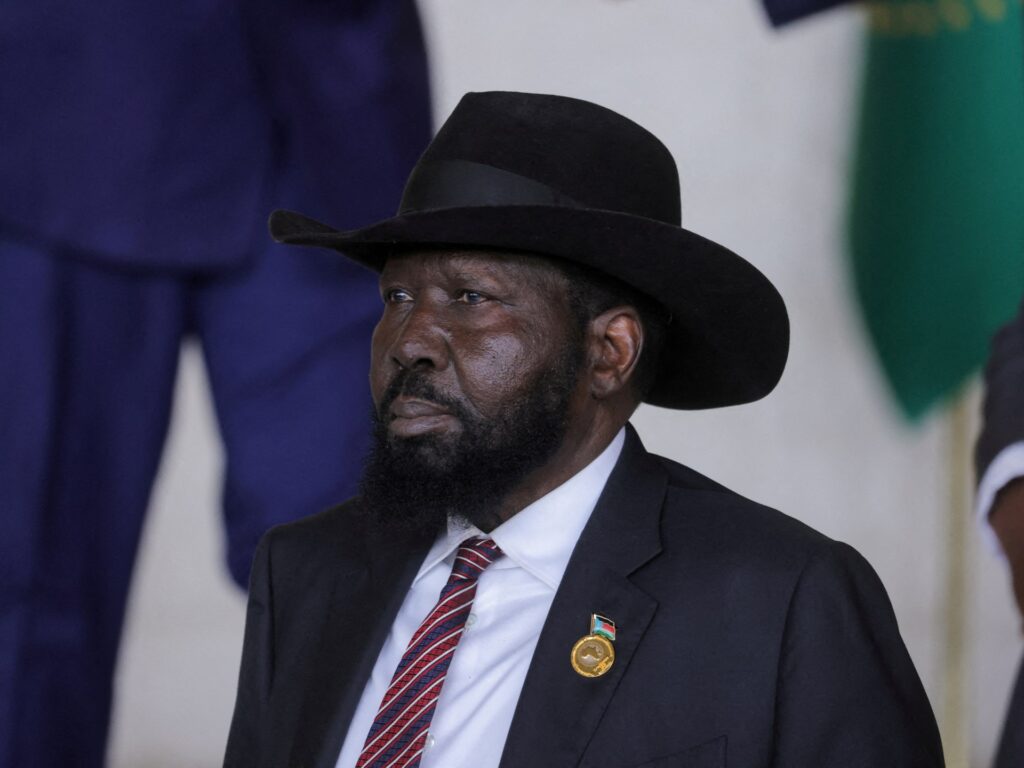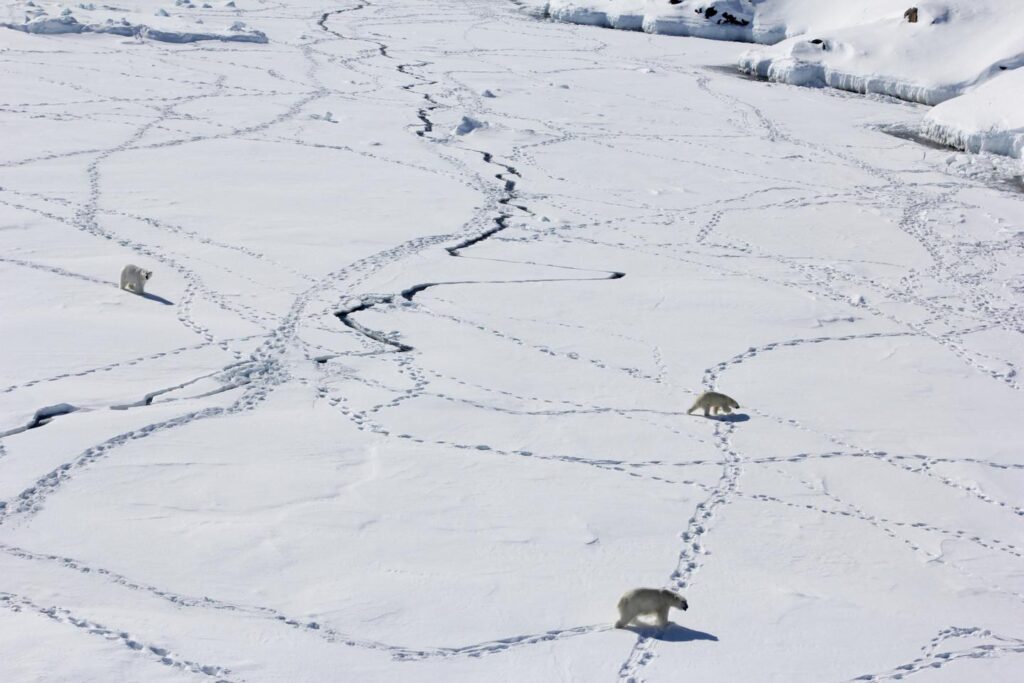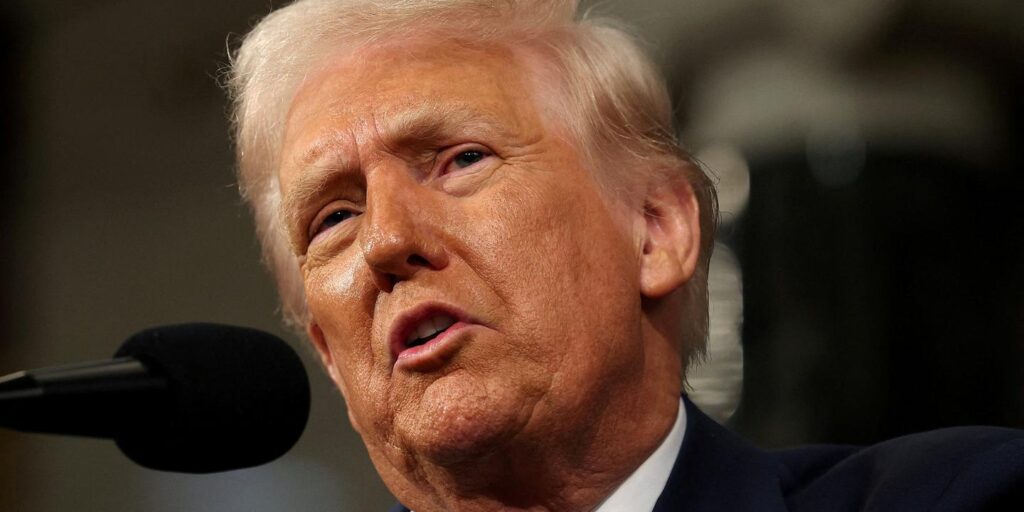South Sudan has experienced “alarming regression” as clashes in recent weeks in the northeast of the country threatening to undo years of progress to peace, the United Nations Human Rights Commission warned for the country.
The Declaration Saturday of Yasmin Sooka, president of the United Nations Human Rights Commission in South Sudan, comes in the midst of a wave of violence between the security forces supervised by president Salva Kiir and an armed group that her government alleged is linked to the first vice-president Riek Machar.
The situation endangered the fragile pair power sharing agreement concluded in 2018 to end five years of civil war. He also aroused fears of war in the state of the country’s superior.
“We are witnessing an alarming regression that could erase years of hard progress,” said Soka.
“Rather than fueling division and conflicts, leaders must refocus urgently on the peace process, confirm the human rights of South-South citizens and ensure a smooth transition to democracy,” said Soka.
The chairman of the African Union commission, Moussa Faki Mahamat, also expressed a “deep concern” on Saturday.
In a statement, he called for an “immediate end to all hostilities”.
Violence
The last escape began when the fighting broke out between the Sudanese armed forces and a group identified by Human Rights Watch (HRW) as a “militia of young armed” in the county of Nasir in the state of the top of the Nile in February.
Although it is not clear which started the fighting, HRW noted that rumors of forced disarmament can have fueled the disorders. Since then, several clashes have taken place, with fighters using “heavy weapons”, according to the United Nations Mission in South Sudan (Unsiss). The agency also reported fighting in the western state of Equatoria in the southwest part of the country.
Earlier this week, the Minister of Information of South Sudan, Michael Makuei Lueth, blamed violence, in part, on the white army, an armed group Nuer operating in Haut-Nile. He accused the group of working in the league with the party of Machar, the movement of liberation of the people of Sudan in the opposition (SPLM / IO).

Tensions increased earlier this week when Kiir ordered the arrest of two officials and several senior military officials allied in Machar. The army also surrounded Machar’s home, actually putting him under residence.
On Friday, a UN helicopter trying to save state soldiers was attacked, killing a crew member and injuring two others. An army general was also killed in the failure of the rescue mission, the United Nations Mission in South Sudan (Unsiss) said on Friday.
Speaking on Friday evening, Kiir urged Calm following the incident.
“The government I direct will manage this crisis. We will stay firm on the path of peace, “he said.
“ Raising power struggles ”
South Sudan is the youngest country in the world, having won independence in 2011.
However, the independence movement, led by the Sudanal People’s Liberation Movement (SPLM), quickly broke out. In 2013, the country had descended in the civil war on a large scale. The fighting killed more than 400,000 people and moved more than a million others.
In 2018, the two parties signed the revitalized agreement on the resolution of the conflict in South Sudan (R-Arcss).
The agreement was intended to see the two factions in war unite their armies under a single unit, write a new constitution, prepare for the general elections, organize a census and disarm all other armed groups. However, none of the reforms have been established.
In the press release published on Saturday, Barney Afako, another member of the United Nations Human Rights Commission in South Sudan, warned the observers to obtain “a return to the imprudent power struggles that have devastated the country in the past”.
He said that the South Sudanese had endured “atrocities, violations of rights that constitute serious crimes, constantly evolving poor management and security”.
“They deserve a respite and a peace, not another war cycle,” he said.


